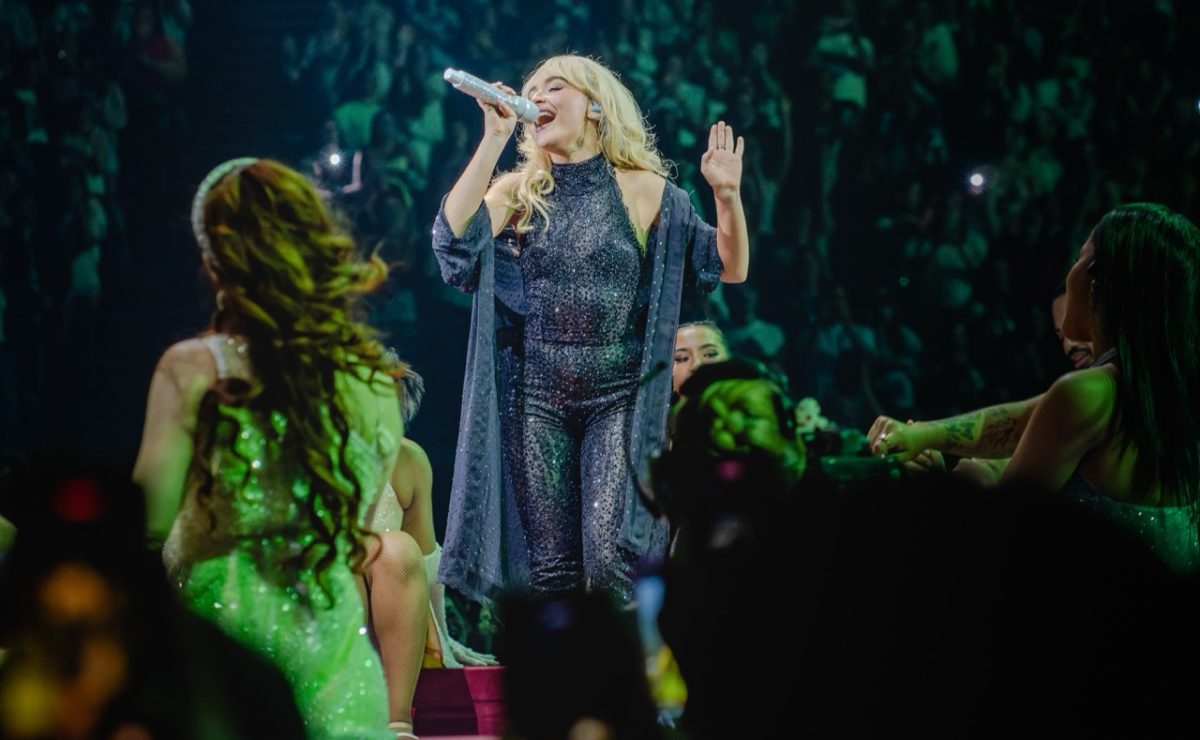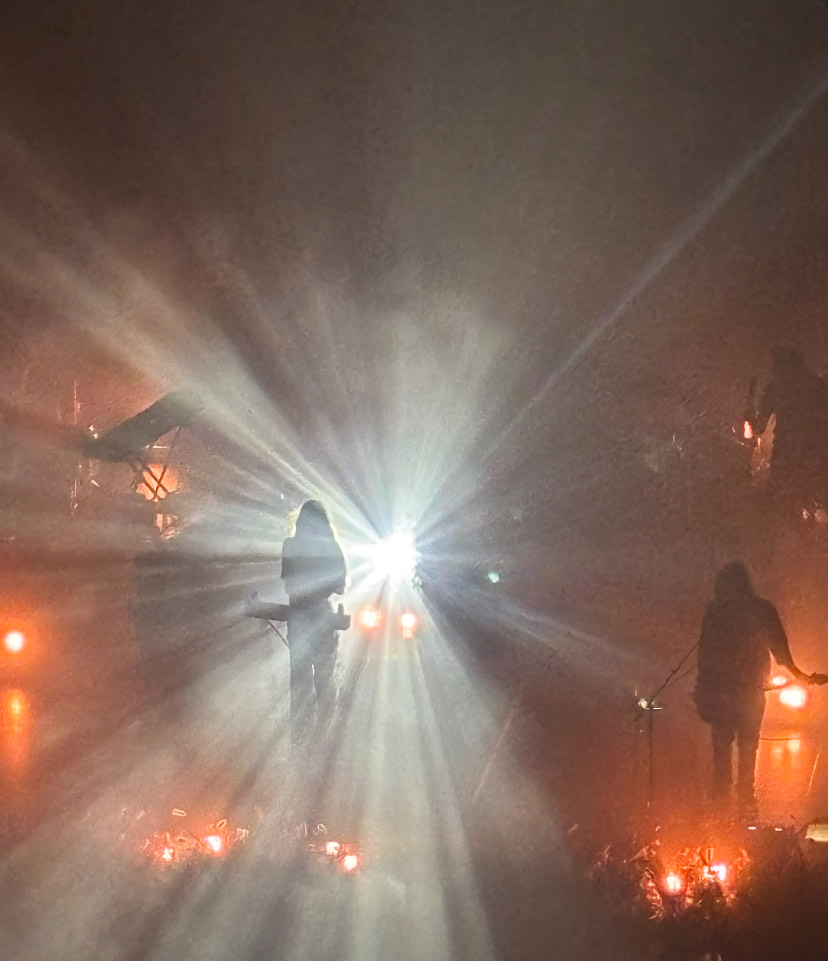An interview with Jacob Greenberg (pianist and long-time member of the International Contemporary Ensemble). ICE performed at Macalester February 24:
TMW: What first attracted you to the International Contemporary Ensemble, and what have you enjoyed most about working with the group?
JG: Like many of the early members of the group, I attended Oberlin College’s Conservatory of Music and was active with their Contemporary Music Ensemble. It was an elite group in the conservatory and had a very charismatic leader, Timothy Weiss, who served as a mentor for many of us. ICE then, as now, has been a family of friends with like-minded interests and passions. We’ve had such a long mutual experience together, and the lineage of music that ICE has commissioned over the years has become part of our DNA as well.
How has ICE, as well as other ensembles you have performed with, pushed the boundaries of the contemporary music genre? Have they borrowed elements from other genres?
The question “What is contemporary music?” is the hardest and also the best question that one can ask. ICE has pushed the boundaries by technical innovation on our instruments as we’ve premiered new works, but I also like to think that we’ve opened up the definition of what contemporary music can be. Everyone attracted to new music finds a different way into it — some from jazz, some from the classics, some from rock and metal and other popular areas. But ultimately genres are extremely fluid, just loose tropes and I really can’t think of a parameter that defines what contemporary music is aside from the fact that it’s made now by many gifted individual artists. There are common strains of musical language that it’s useful to become familiar with — mostly having to do with harmony — when you approach new work, but those too are flexible. ICE doesn’t limit itself to one geographic area of new music, or one rigid stylistic concept or category. All of us learn from each other’s tastes, as we typically program almost all of our concerts ourselves. I think what ICE has typically done is fully enter the world of each composer as an individual, and respect [them] by that process of immersion. That’s what really opens up your ears.
Do you think that the ensemble’s modern flair has attracted younger listeners to the world of experimental classical music?
We certainly hope so! It’s been a privilege to see ICE’s community grow in our home cities of New York and Chicago, and we’re especially excited to always see other areas of the arts, especially dance, visual art, film and theater, enter into our world. ICE’s latest initiative called OpenICE, a series of free performances in alternative spaces all around the country, which are filmed and released on our website (also for free viewing), aims to draw the maximum number of people of all ages into the contemporary music fold. So far we’ve been succeeding.
In your solo concert series, “Music at Close Range,” you displayed your expansive background in the classics. Do you find that you interpret the classics anew with each performance, or do you try to remain true to the composer’s intention?
For my “Music at Close Range” concerts I always juxtapose old and new work. It’s always illuminating, because composers in dialogue with each other in a concert program, sometimes over centuries, always learn from one another. I have gained so much knowledge about the piano from studying new works that have irrevocably, and only positively, changed my approach to playing Schumann, Beethoven, Schubert and Debussy. Nothing should be stuck in time — even though a piece of art has stylistic shape, it has to speak to us now, and there needs to be a spontaneity in all performance, even as it also reflects a personal investment in the work’s history. That general approach is the same for all the music I play, while the particulars always change.
Can you comment briefly on one or more of the pieces you will be performing at Macalester, and what you find enticing or thought-provoking about them?
The first half of our program is all by composers in their thirties, from Europe and America. We’ve got the Finnish composer Minna Leinonen, who wrote a meditative duo for flute and percussion; the Basque composer Ramon Lazkano, whose flute and piano piece uses the most delicate wisps of sound in the flute alongside faint halos of piano resonance; and David Coll, who wrote a wonderful trio for the three of us which emulates the sounds and rhythms of a specific piece of poetry. The second half is by established composers in their eighties. Pauline Oliveros’s “The Well and the Gentle” will involve students from the Macalester music department, and is a non-strictly notated piece that has many spontaneous elements of interaction. And the big finisher is the British composer Harrison Birtwistle’s “The Axe Manual,” where the piano and percussion host a kind of menagerie of rhythmic animals.
Who is your favorite composer and why?
Many people in ICE always come back to J. S. Bach — you’ll often hear us playing Bach backstage before a concert. The constant innovation, intellectual engagement and emotional charge of Bach’s unrivaled catalog is an inspiration to anyone involved in new music, or any of the arts, for that matter.







Maria Welch • Sep 6, 2019 at 9:59 am
very interesting details you have remarked, thankyou for putting up.